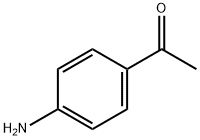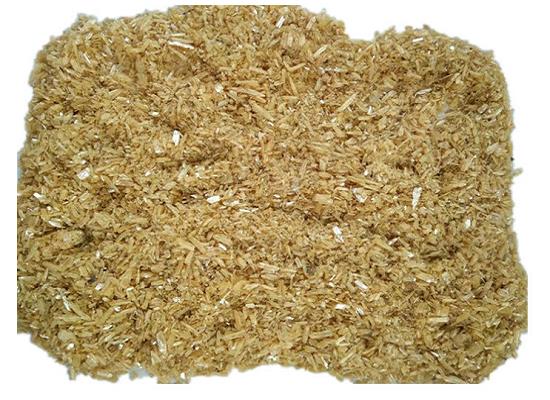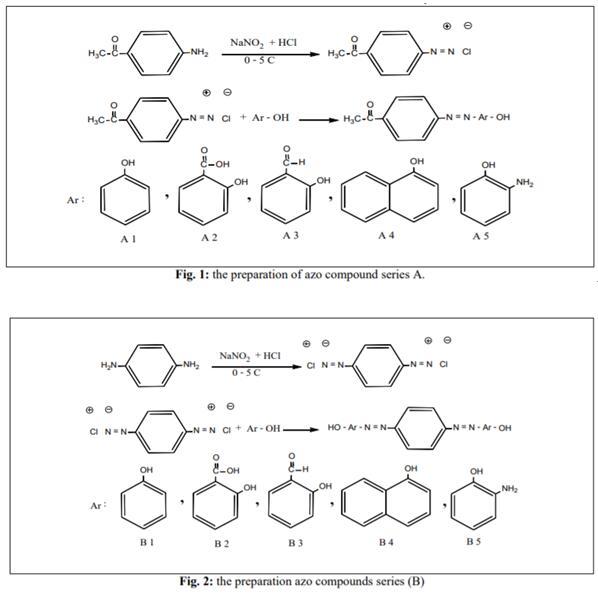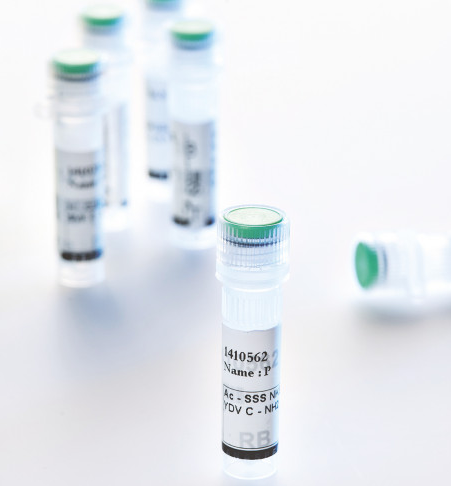p-Aminoacetophenone: Properties, Applications, and Safe Handling in the Chemical Industry
Overview of 4-Aminoacetophenone
4-aminoacetophenone is an extremely important pharmaceutical intermediate and raw material, which can be used to synthesize chlortetracycline and flurbiprofen. Ketamine is widely used to treat diseases such as bronchial asthma, chronic asthmatic bronchitis, and emphysema, and is also a new type of animal feed additive developed abroad in recent years. Flurbiprofen is a nonsteroidal anti-inflammatory and analgesic drug developed by the British company Boots in 1976 and included in the 1988 edition of the British Pharmacopoeia. At present, flurbiprofen has been sold in more than 70 countries and is clinically suitable for rheumatoid arthritis, osteoarthritis, and ankylosing spondylitis. Compared with similar drugs, it has the advantages of small dosage, high efficacy, fast onset, and minimal side effects.
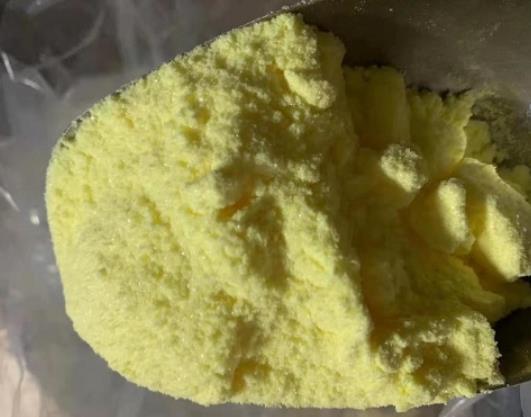
Figure 1 Characteristics of 4-Aminoacetophenone
The synthetic route of P-Aminoacetophenone
P-Aminoacetophenone can be prepared through different synthetic routes. Here are several methods for synthesizing P-Aminoacetophenone.
The first method is to synthesize 4-acetamidophenone
The method for synthesizing P-Aminoacetophenone is through the reaction of 4-acetamidophenone. The specific steps and conditions of this method may involve specific catalysts, reaction temperatures, and times. However, further experimental data is needed to determine the specific reaction details and conditions.
The second method involves the synthesis of 2-nitroaniline and acetyl chloride.
The method for synthesizing P-Aminoacetophenone is through the reaction of 2-nitroaniline and acetyl chloride. The yield of this method is about 74%, indicating that the reaction has a certain yield. Specific reaction conditions, such as reaction temperature, time, and solvent selection, are crucial for optimizing yield.
Matters needing attention
During the synthesis process, it should be noted that P-Aminoacetophenone may have certain toxicity, so appropriate protective measures should be taken during operation. In addition, by-products may be generated during the synthesis process, and appropriate purification steps are required to separate the target product.
P-Aminoacetophenone toxicity protection measures
Skin contact
If skin comes into contact with P-Aminoacetophenone, immediately rinse with plenty of soap and water and seek medical attention as soon as possible.
Eye contact
If P-Aminoacetophenone accidentally splashes into the eyes, immediately rinse thoroughly with water and seek medical assistance.
swallow
If P-Aminoacetophenone is accidentally swallowed, no attempt should be made to orally feed anything to an unconscious person. Rinse your mouth immediately and contact a poison control center or doctor as soon as possible.
Precautions for safe operation
Avoid contact
During operation, direct contact between P-Aminoacetophenone and the skin and eyes should be avoided to prevent the formation of dust and aerosols.
Personal protective equipment
During the operation, appropriate personal protective equipment should be worn, such as filter-type gas masks, chemical safety goggles, general work protective clothing, and rubber oil-resistant gloves.
Improve air circulation
Ensure that the operating environment has good ventilation conditions to reduce the risk of inhaling harmful vapors.
Safe storage conditions
Storage requirements
P-Aminoacetophenone should be stored in a cool, sealed container and a dry and ventilated place.
Isolation storage
P-Aminoacetophenone should be stored separately from oxidants, alkalis, and alkalis to avoid mixing storage.
Emergency response to leakage
control measures
Once a leak occurs, immediate measures should be taken to prevent further leakage or spillage, to prevent the product from entering the sewer, and to collect and dispose of it without generating dust.
clean
Use appropriate methods to clean up leaks and thoroughly wash contaminated clothing before reuse.
Structural properties
Due to the presence of amino and ketone groups, 4-aminoacetophenone molecules have a certain polarity. It can form hydrogen bonds and interact with other polar molecules, possessing certain solubility and hydrophilicity. 4-aminoacetophenone is a reactive molecule in which the amino and ketone carbonyl groups can participate in various chemical reactions. For example, it can be nitration to produce 4-nitroacetophenone, or reduced to 4-aminophenylethanol by hydrogenation with hydrogen gas. In addition, the compound can also participate in the Grignard reaction and be used as an intermediate for the preparation of nitrogen-containing heterocyclic compounds.
Transportation precautions
Security measures
During transportation, corresponding fire-fighting equipment and emergency response equipment for leaks should be equipped. It is best to choose morning and evening transportation in summer and stay away from sources of fire, heat, and high-temperature areas when stopping midway.
packing
P-Aminoacetophenone should be packaged in ampoules, threaded glass bottles, capped glass bottles, plastic bottles, or metal drums (cans) and transported in regular wooden crates.
![Article illustration]() Reference
Reference
[1] Haisa M, Kashino S, Yuasa T, et al. Topochemical studies. IX. The crystal and molecular structure of p-aminoacetophenone[J]. Acta Crystallographica Section B: Structural Crystallography and Crystal Chemistry, 1976, 32(5): 1326-1328.
[2] Panda J, Lenka S, Nayak P L. Synthetic resins VIII. Preparation and characterization of p‐aminoacetophenone/substituted benzoic acid/formaldehyde resins[J]. Die Angewandte Makromolekulare Chemie: Applied Macromolecular Chemistry and Physics, 1989, 170(1): 29-41.
Related articles And Qustion
See also
Lastest Price from 4-Aminoacetophenone manufacturers
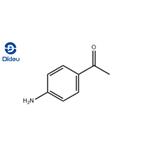
US $0.00/KG2025-05-07
- CAS:
- 99-92-3
- Min. Order:
- 1KG
- Purity:
- 98.0%
- Supply Ability:
- 10000KGS
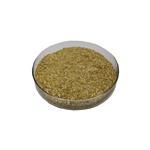
US $10.00/ASSAYS2025-05-04
- CAS:
- 99-92-3
- Min. Order:
- 1ASSAYS
- Purity:
- 99%
- Supply Ability:
- 10 ton
